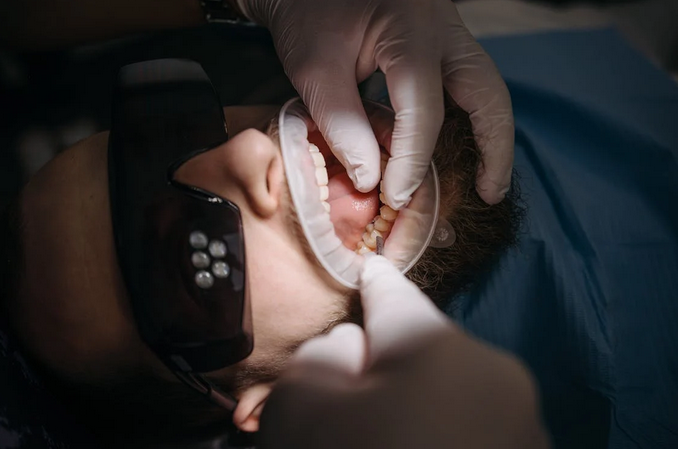Dental Veneers or Crowns: Which One Should You Get?
Are you dealing with chipped teeth, discoloration, or structural issues? Some suggest you get dental veneers. But others will recommend dental crowns. So which one should you choose when you visit a dentist East Finchley? You see, choosing between dental veneers and dental crowns is a tough decision for many. This is especially true even if you have a good dentist who will guide you every step of the way.
But to help you make the right choice, we’ve done some research and gathered all the benefits and drawbacks and all the important information regarding these two dental procedures. Here is what you need to know about dental veneers and dental crowns.
Dental Problems and the Purpose
Dental issues can range from minor imperfections to significant structural damage. Chipped, stained, or misaligned teeth not only affect appearance but can also impact oral health. Veneers are often the go-to choice for cosmetic concerns thanks to their quick and effective way to enhance your smile’s aesthetics. On the other hand, crowns serve a more protective purpose. These caps encase damaged or weakened teeth, restoring their shape and function. They’re ideal for those with extensive decay or after root canal treatment. Choosing between veneers and crowns hinges on your specific dental needs.
Coverage and Material


Veneers are typically crafted from porcelain or composite resin. Porcelain offers a natural look that closely mimics tooth enamel while providing strength. Composite resin, on the other hand, is more versatile but may not last as long as porcelain. Crowns are usually made from various materials like porcelain fused to metal, all-ceramic, or gold. Each option has its benefits; for instance, metal crowns provide exceptional durability but might lack the visual appeal of all-ceramic choices. Your specific dental issues also affect which coverage you need. Crowns tend to cover damaged teeth entirely, while veneers only address superficial imperfections without altering significant tooth structure. So, have you made a decision? If not, don’t worry.
Tooth Reduction
With veneers, a minimal amount of enamel is removed from the front surface of the tooth. This preserves a more natural structure while enhancing aesthetics. In contrast, crowns require significant tooth alteration. They basically encase the entire tooth to provide strength and protection. This process can lead to a greater loss of healthy enamel. Patients often worry about how much tooth structure will be sacrificed during these procedures. If preserving as much natural tooth material as possible is important for you, veneers may be preferable. However, if your teeth are severely damaged or compromised, crowns might offer better long-term results by restoring function and durability without risking further decay.


Cost and Durability
Now, let’s talk about the total costs and how long you can expect both options to stay fit on your teeth. Veneers often range from $850 to $2,500 per tooth. What about dental crowns? They can be more expensive, averaging between $1,000 and $3,500 each. Durability varies significantly between the two options. Porcelain veneers usually last around 10 to 15 years with proper care. They’re resistant to stains but can chip if subjected to excessive force. In contrast, crowns are designed for strength and longevity. Made of materials like porcelain fused to metal or all-ceramic types, they can endure daily wear for up to 15 years or longer.
By now, you’ve finally had the key information regarding these options. So, what will you choose? Well, it all depends on your specific circumstances. These can range from the condition of your teeth to what you hope to achieve through treatment. Ultimately, consulting with a dental professional will ensure you get the right dental product that fits your specific needs.


